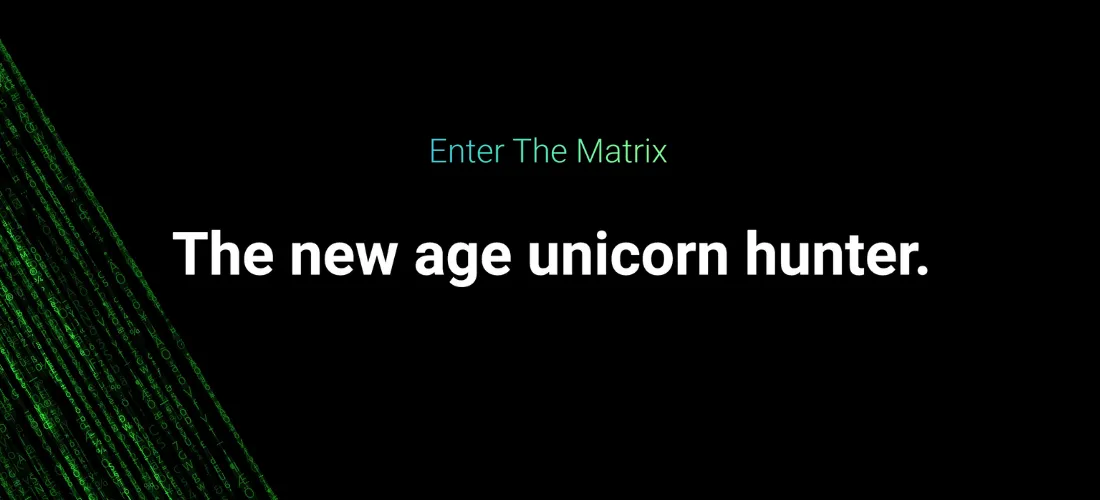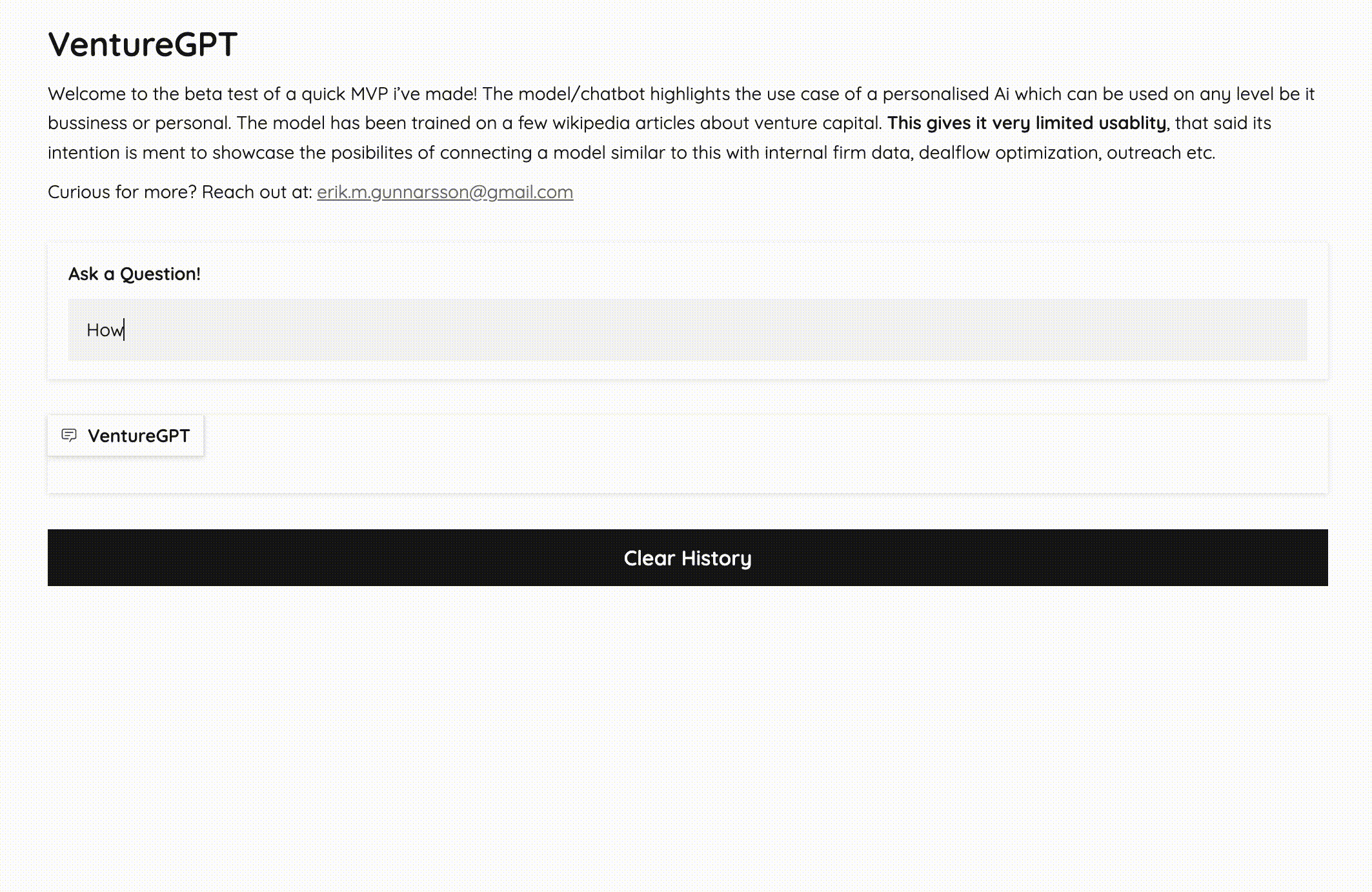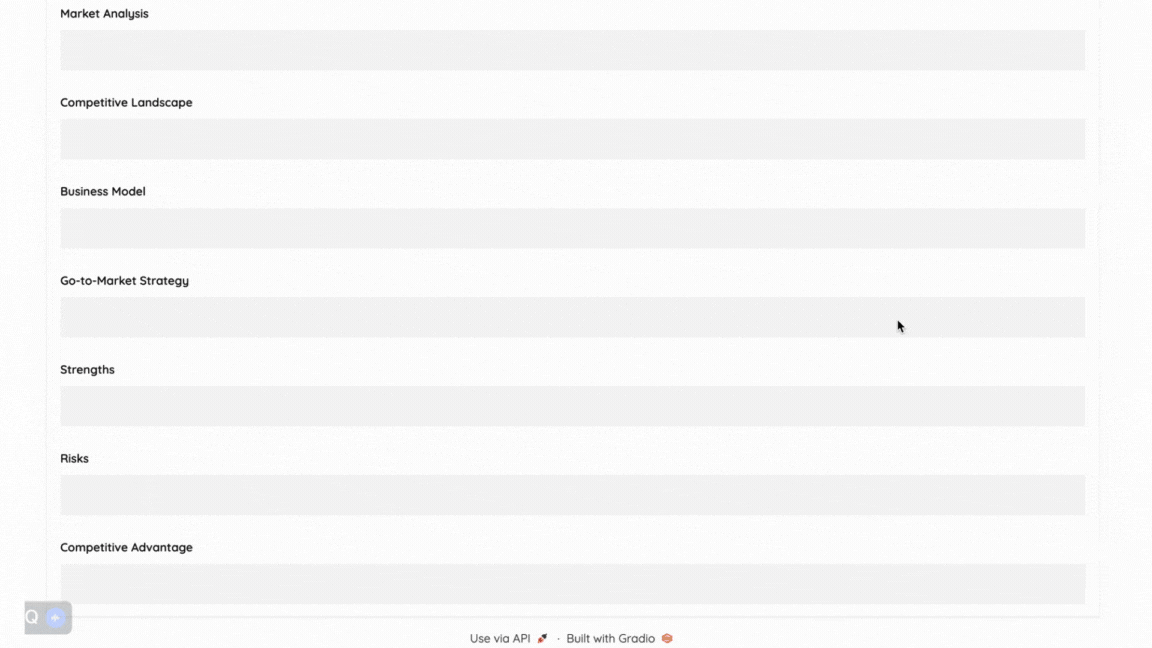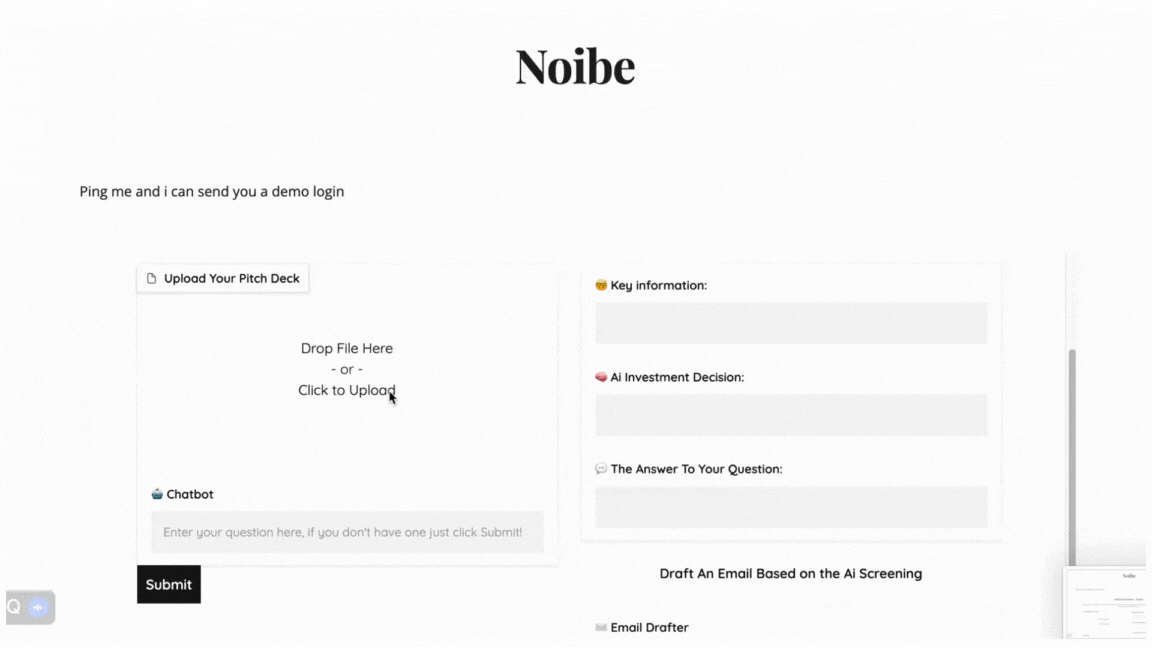UPDATE: Nov 2024:
The domain Finding-Neo.com is no longer in use, if you would like to demo the tool please dm me.
UPDATE: Jul 24 2023:
In order to throttle the API usage, please contact me if you’d like to test any of the tools and I will set up a personal demo account for you.

I hope the read ignites your curiosity and that you learn something along the way. Always happy to discuss/chat, feel free to reach out! Thoughts & opinions are my own — I do not support all outputs these tools generate as they can be wrong or misleading.
Where it all started
The journey began with an attempt to build a PDF reader to help me quickly summarize research papers for my exam revisions this past term. After playing around with Langchain I was surprised with how effective the models were with fairly little customization from my end.
Lightbulb moment — The Oracle
Flash forward a few days and I’m at my part-time job working with some inbound deal flow when the light bulb moment came — this type of knowledge-based work wouldn't be extremely hard to outsource to a well-prompted chatbot similar to the PDF bot I built for my exams.
Given that I was already down the GPT rabbit hole, I thought why not get my hands dirty and fumble around in an attempt to build a ‘full-stack’ web app powered by naivety, coffee, and a certain $20 subscription that has made life a little easier recently…
After reading up on relevant docs and spending a few hours on troubleshooting The Oracle was born!

You can try the demo here.
The Oracle chatbot could answer basic questions related to venture capital investing. The underlying model was trained on Wikipedia articles (example), using Chroma as a vector database for its long-term memory in order to have ongoing conversations with the same ‘database’ or chunks of text. The Oracle is programmed in such a way as to avoid bringing in non-relevant information or answering non-relevant questions. This was an attempt to create a more concise and tailored user experience.
As a side tangent, it was at this point I decided to brand everything around the concept of ‘Finding Neo’, a homage to the Matrix trilogy and the character’s hunt to find the main protagonist — Neo, a unicorn of sorts.

Tank — Investment memo curator
Unfortunately, it didn’t take long before I realized that The Oracle as a standalone tool was basically useless in practice. Who would use a rudimentary chatbot that was outperformed by most Google searches? So it was back to the drawing board trying to brainstorm a real-life use case.
That process led me to Tank. This tool is a handy sidekick that is able to generate investment memos based on URLs. This allows the user to quickly gauge interest in a company without having to tediously go through a company's website or scour the web manually.

Here’s a demo of Tank using https://equals.com/ as the topic of interest. You can demo Tank here
Powered by a web-scraping library and a few late nights of troubleshooting, Tank came to life. Compared to The Oracle, Tank was actually useful in the introductory and ideation phases of research or screening. It was a more rewarding build as I’ve genuinely used the end product to quickly gather a first impression of companies that I’m not familiar with. That said, in the current version, Tank still needs some finetuning, only about 60% of the output is non-repetitive, of which some is irrelevant, but a working start nonetheless!
Noibe — Pitch deck analyzer
Lastly came Noibe, which is used as an initial point of contact for deal flow screening. Noibe was created upon realizing the amount of irrelevant inbound applications which most venture firms receive. The tool allows the user to quickly screen and receive a high-level investment decision from the Noibe ai (ie. Decide if a pitch deck should be passed on to human screening or not).

Note the deck used in the demo was sourced from a public website superside. You can try the demo here
In addition to Noibe’s investment decision, the tool also pulls key information from the pitch deck. The parameters for this key information is predetermined and programmed into Noibe based on the fund’s investment thesis and financing thresholds. As an example, it can screen for key sectors, educational backgrounds, capital requirements, etc. Last but not least, Noibe can auto-generate a response email draft based on its investment decision. All this with the click of a button or two.
Taking it one step further this type of automation or efficiency boost wouldn’t be all too difficult to integrate into a fund’s pre-existing CRM or deal-flow pipeline for truly automated processes. It’s something I suspect most venture funds will have in the future if they haven’t already implemented some form of it.
An immediate reflection
With the near-limitless automation and outsourcing capabilities today’s world offers, it’s proving important to take a step back and understand where true scarcity lies in our world of abundance. It is here that I’d like to clarify my conviction on personability as a hygiene factor for investor-founder relationships, especially so at the earlier stages. As such, I see the ‘Finding Neo Ecosystem’ as a practical thought experiment on automation as a means to check in, not check out.
The end goal for these types of tools is to allow the users to focus on where they believe the most value-adding components lie for them, both in the industry as well as in life. On a high level, the pursuit of venture investors is to open the right doors for the right founders to build and scale cool things that the world needs. Prioritizing those types of conversations and that kind of face time is immensely valuable.
Perhaps it is a little late in the post to mention this, but I’m by no means a developer — I have no formal coding experience (other than an intro to programming course I “attended” over Zoom). This is why I emphasize that Finding Neo is about understanding the implications of LLM’s in the industry, it’s not yet at the level to be a plug-and-play solution. That said, as a non-STEM student (my major being finance), there is something to be said about how far a small team or inexperienced individual can get with relative ease compared to just a year or two ago. As a byproduct, the project has been a great way to stay updated on the bleeding edge of the industry with what can sometimes feel like quantum-changing developments happening on a bi-weekly basis, with tools like Super AGI or GPT Engineer releasing every other week.
On a more practical level, there are many ways to skin a cat. The Oracle, Tank, and Noibe are solutions for problems that can be solved in many other and likely more efficient ways. With this in mind, you should view the tools as a forward-looking projection of technology’s trajectory as well as the shifting role of the knowledge-based worker alongside it.
A long-term reflection, where does this lead us?
While lost in thought a few weeks back, I was reminded of a book I read a few years ago, The Pig That Wants to Be Eaten, specifically a chapter titled Net Head. A woman has an ear implant connected to the internet and is able to regurgitate philosophical quotes instantly from a Wikipedia-esque site. With the new-found superpower she is able to impress friends, and no longer feel like the idiot in the room. The story ends with the author defining the separation between 1) information sourcing and 2) taking action based on sourced information. According to the author, this divergence is what makes us human — our ability to take actions based on the knowledge we have.
Stable Diffusion: “A hand touching cyberspace. High Definition. Neo-punk art style.”
When the book was published in 2005 it was geared towards novice armchair philosophers — the chapter on the woman with the earpiece was a mere thought experiment, but today it’s reality.
The bizarre truth is that baby AGI and other autonomous agents are breaking the barrier. Agents are taking actions founded on critical thinking which is in itself founded on information that the agent sources. As such the once philosophical question re-emerges in practicality: What, in relation to information, makes us uniquely human? Is it creativity, our humor, or physical touch, maybe it’s our ability to read between the lines, or perhaps it’s nothing at all? Regardless of that truth, I see the story as a reminder of the exciting times ahead, and that it’s one hell of a treat to be living at this point in human history.
Inspiration & further reading
Thanks for making it this far, here are some sources of inspiration I found throughout the process. Hope you enjoyed the read :)
- Book mentioned:
The pig that wants to be eaten - A great resource on how venture is adapting: https://www.datadrivenvc.io/
- Working paper — Using Deep Learning to Find the Next Unicorn: A Practical Synthesis https://arxiv.org/pdf/2210.14195.pdf
- Great read confirming my initial light bulb moment: https://michaeltefula.com/how-i-built-a-venture-capitalist-a-i-bot-and-what-ive-learned-from-it/
- Interesting listen on how smart people view the newfound hype around ai: https://starwatcher.substack.com/p/starwatcher-podcast-3-pietro-casella?utm_source=substack&utm_medium=email#details